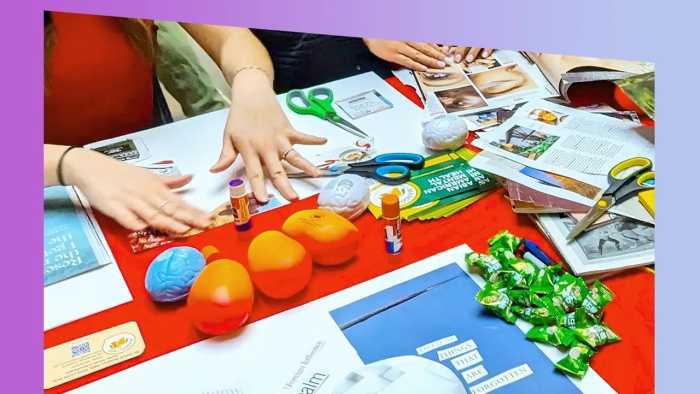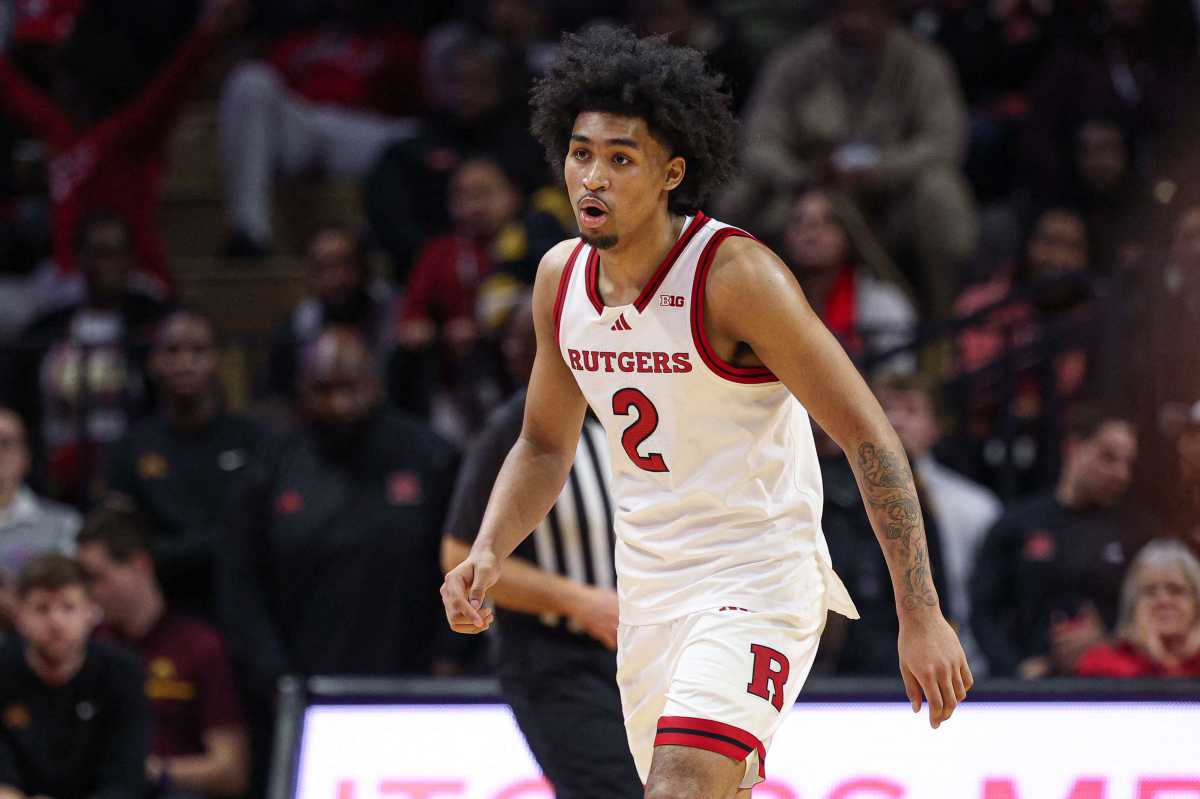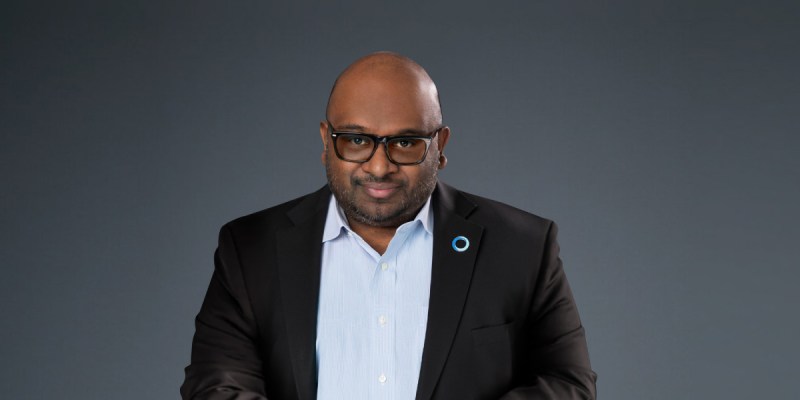Ben Wildavsky is a senior scholar at the Kauffman Foundation — a nonprofit founded by pharmaceutical magnate Ewing Kauffman — and one of the leading experts on global trends in higher education. He recently co-edited the book, “Reinventing Higher Education: The Promise of Innovation,” which explores the strengths in our current system, as well as a persistent lack of vision by administrators and policy makers.
How does the American higher education system measure up?
We have the lion’s share of the world’s great research institutions. However, higher education isn’t just the great research universities. We have poor graduation rates at most schools — only about half graduate on time, and the figures for low-income students are worse. There’s also some research to suggest that most students aren’t learning that much in college, which is very troubling.
Why does the system need to be “reinvented”?
Personally, I think education is intrinsically valuable. But it’s objectively important for economic advancement. Your lifetime earnings will be way higher the more education you have. But from a policy perspective, we should constantly be asking, “Is our post-secondary system delivering what it should?”
What’s the biggest mistake colleges tend to make organizationally?
They focus too much on research and not enough on teaching. Too many are emulating the model of the major research universities, which might not be appropriate for giving undergraduates the best education.




























